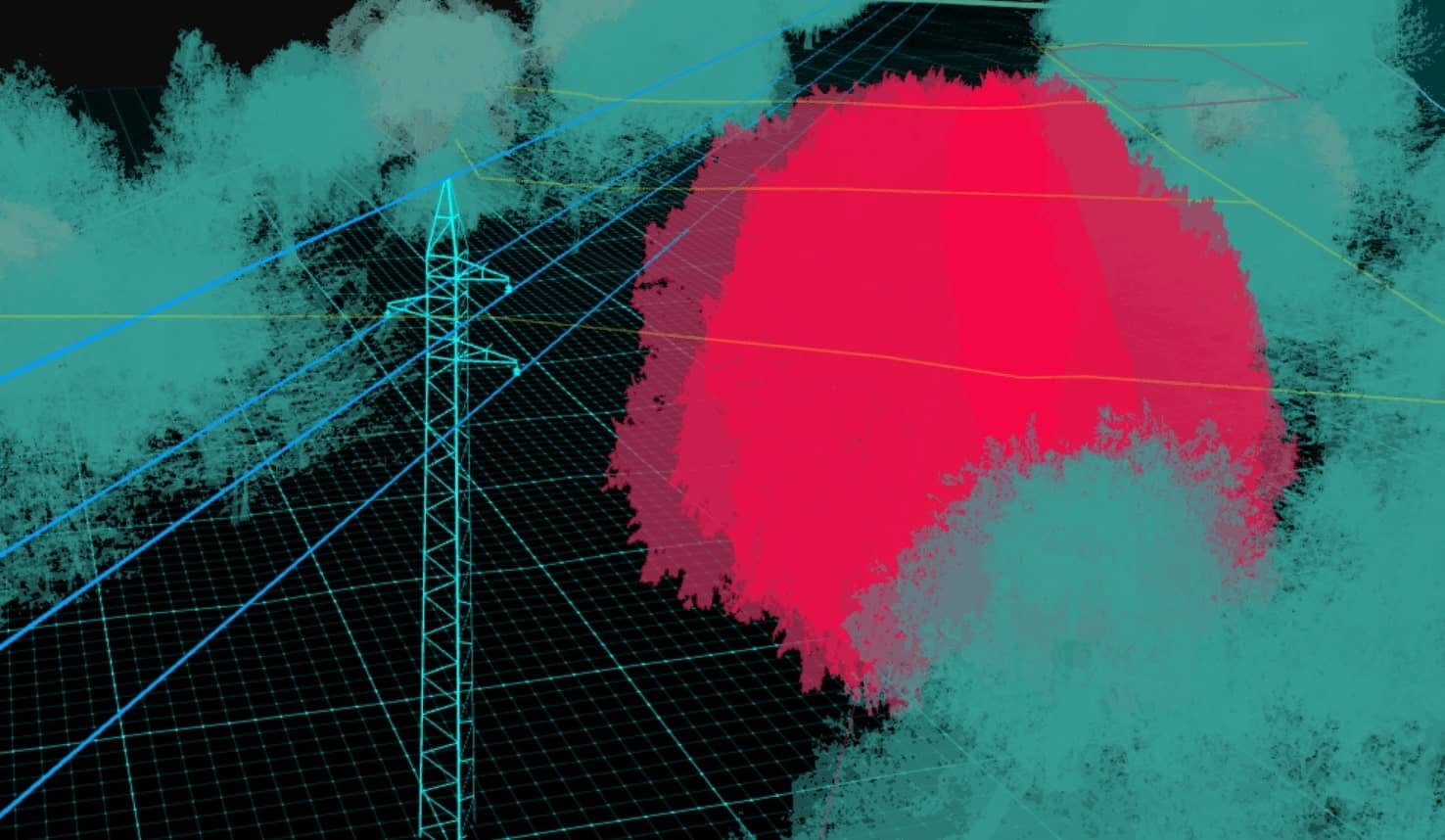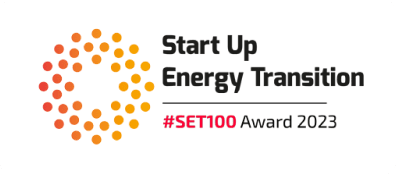
May 23, 2023
Digital Twins in the Energy Sector: A Revolution in Sustainability and Efficiency
The energy sector is undergoing a significant transformation, driven by the rapid advancement of digital technologies. One such technology that is making waves in the industry is the Digital Twin. A Digital Twin is a virtual representation of a physical product, process, or facility used to understand and predict the physical counterpart’s performance. They can be used throughout the product lifecycle to simulate, predict, and optimize a product or process before anything ever goes into production.
The energy sector is witnessing a significant transformation, driven by the rapid advancement of digital technologies. One such technology that is making waves in the industry is the Digital Twin.
What is a Digital Twin?
A Digital Twin is a virtual representation of a physical product, process, or system that can simulate, predict, and optimize performance throughout its lifecycle. This technology is enhancing the energy sector by creating more efficient processes through the use of artificial intelligence, cloud computing, simulation, and machine learning.
Applications of Digital Twins in the Energy Sector
Digital Twins have a wide range of applications in the energy sector. They can be used to monitor and optimize the performance of energy systems, predict failures, and improve the design and operation of energy infrastructure.
For instance, Digital Twins can be used to create a virtual model of a power plant, allowing operators to monitor the plant's performance in real-time, predict potential failures, and make necessary adjustments to optimize its performance. This can lead to significant cost savings, improved energy efficiency, and reduced environmental impact.
Digital Twin for Sustainable Energy
Digital Twins can also play a crucial role in promoting sustainable energy. By creating a virtual model of renewable energy systems, such as wind turbines or solar panels, operators can monitor their performance in real-time, predict potential issues, and optimize their operation to maximize energy production and efficiency.
For example, a Digital Twin of a wind turbine can use real-time data from sensors to monitor the turbine's performance, predict potential failures, and optimize its operation based on current weather conditions. This can help to maximize the turbine's energy production, reduce maintenance costs, and extend its lifespan.
Impact of Digitalization in the Energy Sector
Digitalization is having a profound impact on the energy sector. It is enabling energy companies to improve their operational efficiency, reduce costs, and enhance their decision-making processes.
Digital technologies, such as Digital Twins, are providing energy companies with valuable insights into their operations, allowing them to make data-driven decisions and optimize their performance. This is leading to significant cost savings, improved energy efficiency, and increased competitiveness.
What is Digitalization in the Energy Sector?
Digitalization in the energy sector refers to the use of digital technologies to improve the efficiency and effectiveness of energy systems. This includes the use of technologies such as Digital Twins, artificial intelligence, machine learning, and cloud computing to monitor and optimize the performance of energy systems, predict failures, and improve the design and operation of energy infrastructure.
In conclusion, Digital Twins and digitalization are revolutionizing the energy sector, driving improvements in efficiency, sustainability, and competitiveness. As the energy sector continues to embrace these technologies, we can expect to see further advancements in the way we produce, distribute, and consume energy.

